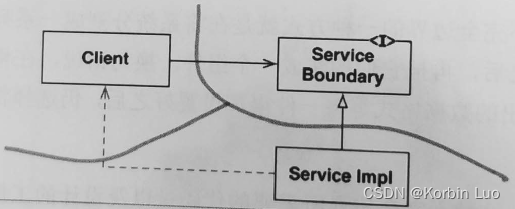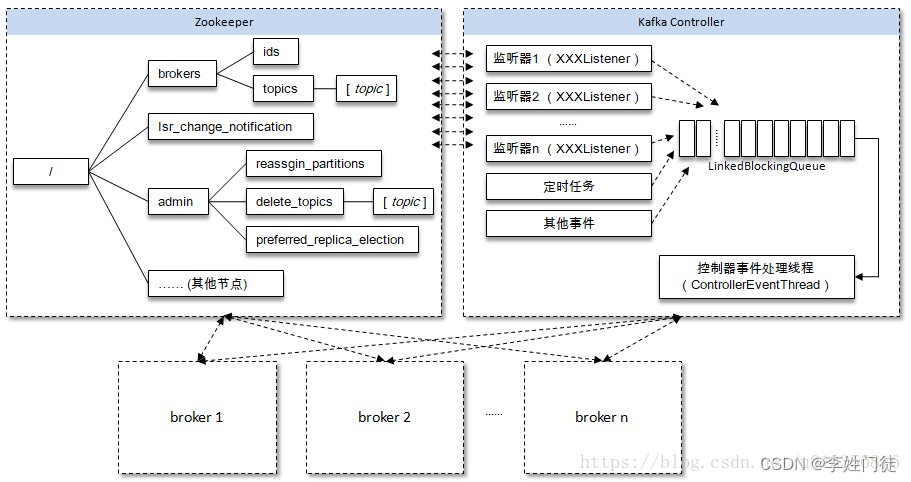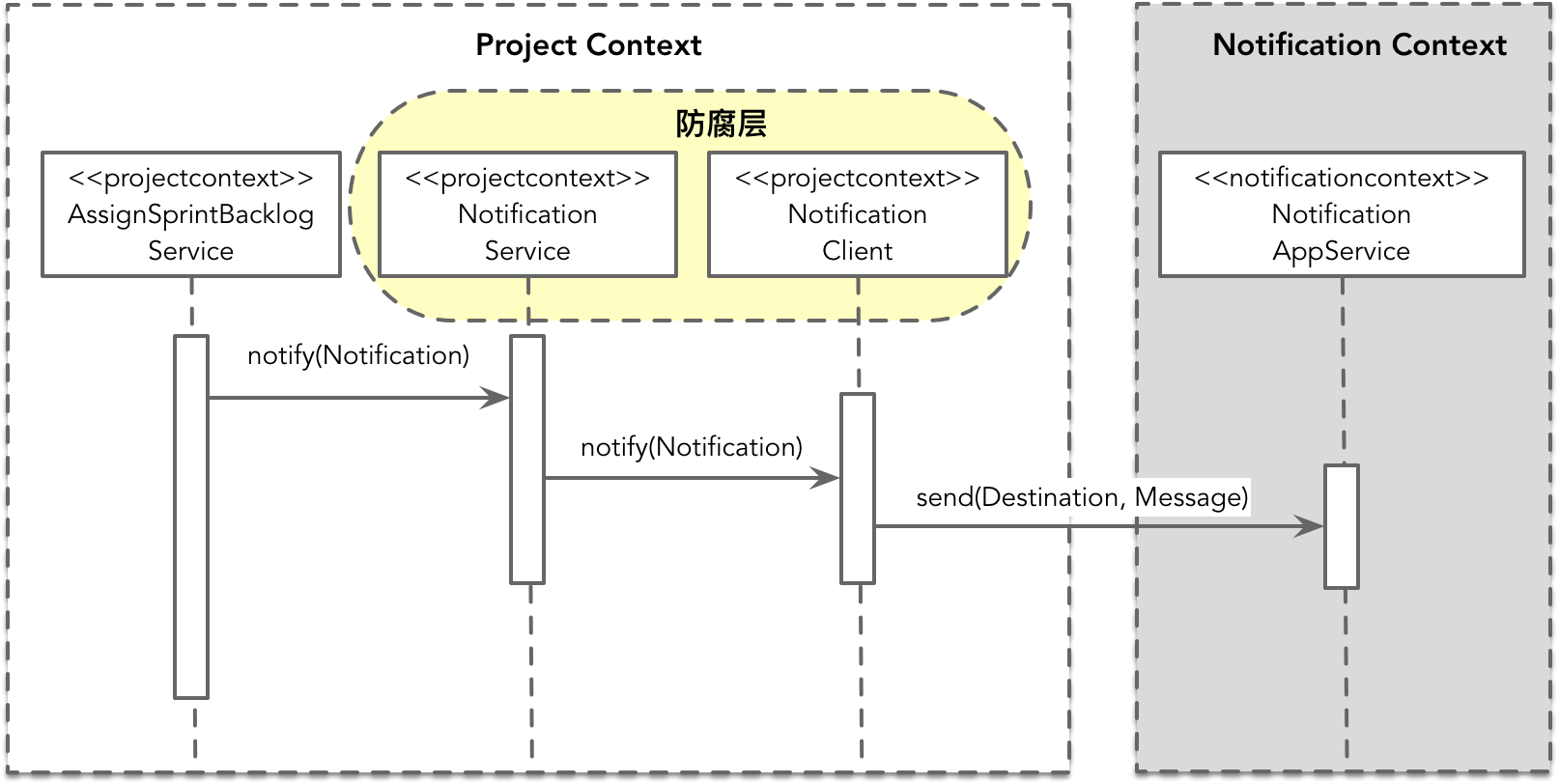本文介绍: 除了自注意力机制外,Transformer架构还使用了残差连接(residual connections)和层归一化(layer normalization)等技术来加速训练过程和提高模型性能。 Transformer架构通常由编码器(encoder)和解码器(decoder)组成,其中编码器用于将输入序列映射为一系列隐藏表示,解码器则利用这些隐藏表示生成输出序列。 在自注意力子层中,输入序列中的每个元素都可以与其他元素进行交互,通过学习注意力权重来确定不同位置之间的关联程度。
GPT原理
Transformers are based on the “attention mechanism,” which allows the model to pay more attention to some inputs than others, regardless of where they show up in the input sequence. For example, let’s consider the following sentence:

In this scenario, when the model is predicting the verb “bought,” it needs to match the past tense of the verb “went.” In order to do that, it has to pay a lot of attention to the token “went.” In fact, it may pay more attention to the token “went” than to the token “and,” despite the fact that “went” appears much earlier in the input sequence.
它允许模型在处理输入序列时能够同时关注输入序列中各个位置的信息,从而更好地捕捉长距离依赖关系。
声明:本站所有文章,如无特殊说明或标注,均为本站原创发布。任何个人或组织,在未征得本站同意时,禁止复制、盗用、采集、发布本站内容到任何网站、书籍等各类媒体平台。如若本站内容侵犯了原著者的合法权益,可联系我们进行处理。






